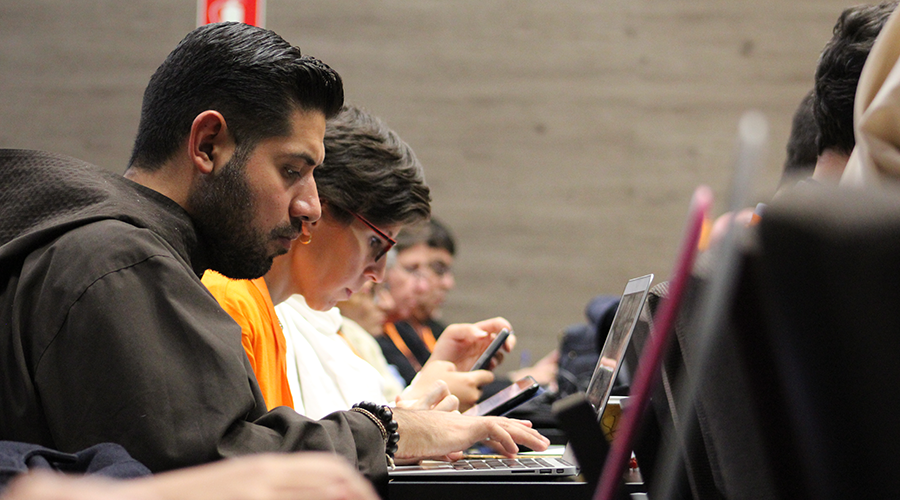It is almost impossible to believe how far the human race has come in just the last 100 years. As few as 40 years ago, a computer system was operated by a mainframe, which often took up the space of a whole room. Now we can do more than that entire mainframe using just the smartphone in our hand.
What a privilege, and also, what a temptation!
As technology advances, so does the role of Artificial Intelligence (AI). AI is a branch of computer science that enables machines to learn, reason, and act. These systems improve over time by analyzing vast amounts of data. Using complex algorithms (remember high school math class?), AI identifies patterns and relationships—whether in language, behaviour, or complex data—and uses those patterns to make predictions, provide recommendations, and even automate decision-making.
What is the Christian approach to AI? Are we playing God by designing machines that can think and reason like a human? Are there limits to what AI should do? These can be difficult questions to ponder.
AI is often used in medicine, transportation, and business. As its data sources grow, an AI can analyze ever more massive amounts of data. Already, it is being used to develop new therapies and cures for diseases like cancer by identifying patterns and analyzing information at much greater speeds and volumes than human brains can. In these ways, it can help to plan the logistics of complex train and plane schedules, or see trends in cell behaviour that lead to cures for diseases, or help businesses more effectively manage their resources. All of these are wonderful uses of Artificial Intelligence, boosting our ability to get things done.
The worries about AI are also real. Critics are concerned that AI could cost many people their jobs, and that AI can be used to do harm, and could even cause war.
As with all technological advancements, Christians must stay informed while remaining vigilant against misuse. We are called to use what is valuable and life-giving while rejecting what harms humanity.
The ultimate standard for AI should be this: Does it promote human dignity and well-being? If so, embrace it. If not, resist it.










